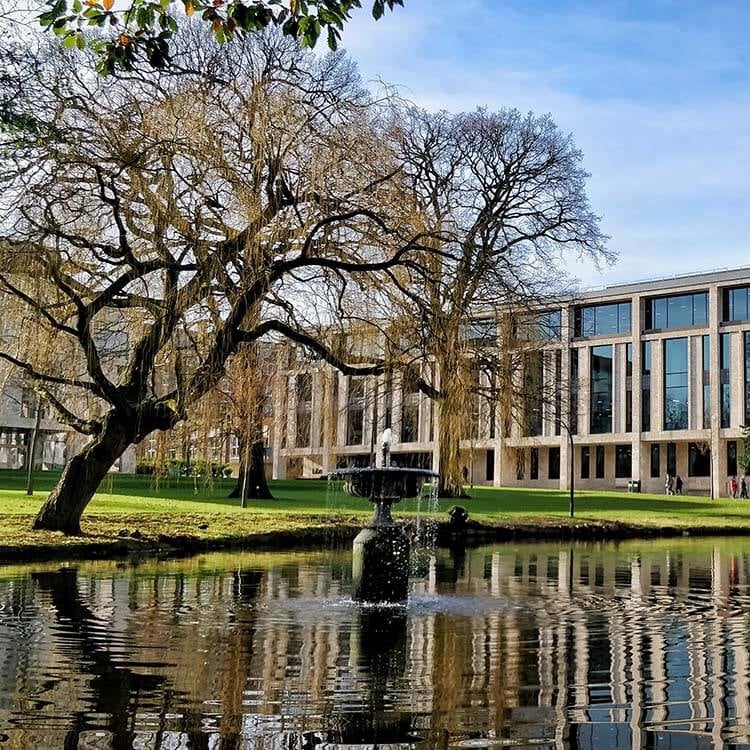/ Undergraduate /
Start date:
September 2025
You'll need:
112–128 UCAS points (or equivalent)
Foundation Year: 64–80 UCAS points (or equivalent)
UCAS Code:
V100
V101 (If choosing Foundation Year)
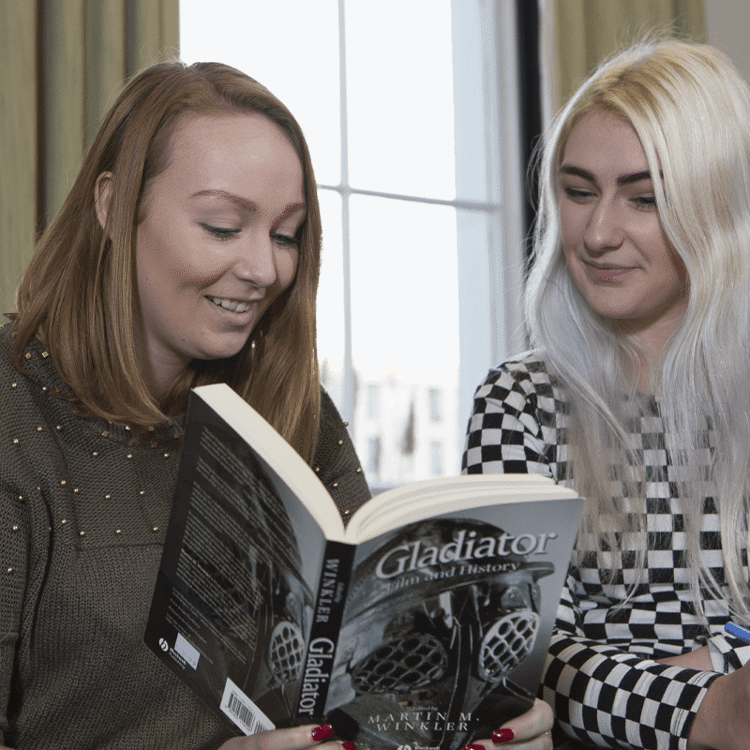
On-Campus Open Day
Saturday 12 July 2025
Your journey starts here at Roehampton. This degree programme covers a vast range of periods, from classical Athens, through Viking conquests, to World War II and the Civil Rights movement.
Did you know?
We offer courses spanning from Ancient to Contemporary History, and our curriculum is globally diverse, covering Europe and the wider world, with a specialist US Historian.
Employability is emphasised throughout the three years of study. Why limit yourself to just the 19th and 20th centuries when you can also delve into the drama of ancient, medieval, and early modern history? This broader focus not only enhances your graduate prospects (over 60%) but also widens your career options in the public and private sectors.
Top modern university in London in History
(Complete University Guide 2025)

Ranked 12th best History programme in the UK
Guardian League Table 2024

History ranked 1st in London for Academic Support
National Student Survey 2024

Foundation Year
This course can also be studied with a foundation year (September entry only).
Modules
This course offers all students the option of a one-year paid work placement, to boost your employability even further. If you choose this route, you will take the placement following year two of your course, and then return to complete your degree.
Why take a placement?
A placement year is the perfect opportunity to gain valuable work experience, to build on the career skills we will teach you on this degree. The connections you make on the placement will improve your career prospects further, and equip you with the skills you need to secure graduate-level employment.
How we support you
The University's Placement and Work Experience Team are experts at helping you to secure a placement. They will work closely with you from the start, helping you research potential employers, discover placement opportunities, create and pitch your CV, and will coach you to perform well in interviews. We aren't able to guarantee a placement, but our sector-leading advisors will give you the best possible chance of securing one.
Find out more about how we'll support you
We understand that your plans might change once you start your programme. If you decide not to do a placement, you will have the option of completing the three year version of your programme.
Whatever your choice, you will have access to many opportunities for work experience through our Placement and Work Experience Team, and access to face-to-face and 24/7 online careers support.
This course offers a foundation year, which takes place at the beginning of your studies. Studying a foundation year will give you academic and practical experience, and a strong introduction to your subject, ensuring you succeed on your undergraduate degree.
30 credits
You will develop your core academic and integrated English language skills of speaking, listening, reading and writing. You will become familiar with key academic skills and concepts, such as referencing methods and awareness of academic integrity and tone. You will apply these skills and knowledge to both broad topics and also your chosen subject pathway.
Teaching and learning
You will be required to actively engage in on-campus learning for up to 10 hours a week.
You will be taught through a full range of teaching and learning methods, which include lectures, seminars, workshops, discussion groups, group directed tasks and presentations. This will enable you to learn from your peers and tutors in both structured and information settings.
You will be encouraged to think creatively about your approach to learning and discussions with your peers. You will also have access to recordings, resources, links and signposting through Moodle to enrich your learning.
Assessment
You will be assessed through group and individual presentations, comparative and reflective essays, multiple choice exams, coursework and reports, oral exams, portfolios, case studies and blogs.
30 credits
You will develop your research, numeracy and information technology skills. You will investigate the difference between primary and secondary research, conduct your own research project and demonstrate your findings through data analysis. You will also develop your awareness of equality, diversion and inclusion in the UK, through a real-world issue; discrimination in the workplace.
Teaching and learning
You will be required to actively engage in on-campus learning for up to 10 hours a week.
You will be taught through a full range of teaching and learning methods, which include lectures, seminars, workshops, discussion groups, group directed tasks and presentations. This will enable you to learn from your peers and tutors in both structured and information settings.
You will be encouraged to think creatively about your approach to learning and discussions with your peers. You will also have access to recordings, resources, links and signposting through Moodle to enrich your learning.
Assessment
You will be assessed through group and individual presentations, comparative and reflective essays, multiple choice exams, coursework and reports, oral exams, portfolios, case studies and blogs.
30 credits
This module supports a broad exploration of crime and law and its integration within society across various sources, which includes diverse cultural, social, and political representations. By analysing a wide range of topics, you are encouraged to critically engage with how disability, gender and race are represented and viewed in relation to crime and law.
This course integrates sustainability by looking at the sustainability of social interactions and your results and consequences in relation to crime and law. Social responsibility, legal injustice across the globe and inequality are all featured. Social Responsibility is embedded through topics such as social identity, prejudice and exclusion. Social Cognitive Theory and Rational Choice Theory helps you understand challenges and question accountability for individuals and communities.
This course fosters global engagement by examining the inequalities experienced in other cultures, particularly in relation to race, gender and exclusion. Global challenges are addressed at every step equipping you with the skills to navigate a globalised world in a variety of ways. By analysing data and text concerning diverse cultures and contexts, you will develop an understanding of how individuals and cultures operate amongst injustices in a globalised world, preparing you to engage thoughtfully with diverse audiences.
Teaching and learning
Through lectures, workshops, group work, and structured academic writing, you will have the opportunity to practice the core academic skills needed for your future studies. Critical thinking will be developed through tasks such as text analysis, group discussions, and the ability to create well-structured academic assignments, including essays and presentations.
The teaching delivery for each module consists of one, one-three-hour lecture and one, two-hour workshop per week. You will get a diverse learning experience through case studies and active learning workshops and microteaches.
You will also have an additional 30 minutes of online support each week, consisting of activities to develop your presentation skills and to provide you with opportunities to explore wider policy implementation in diverse/comparative transnational examples.
Assessment
This module will be assessed using a video presentation and summative essay.
30% - video presentation, working in groups, you will produce a video on a topic taught on the curriculum and explain its impact on UK society, using a real-world example.
70% - summative essay, you will identify an issue, either historical or contemporary, that has had an impact on UK society and connect it to at least one of the key topics covered in the course.
30 credits
This module supports a broad exploration of social understanding across various sources, which includes diverse cultural, social, and political representations. By analysing a wide range of topics, you are encouraged to critically engage with how disability, gender and race are represented and viewed. This ensures that your projects and research can reflect a variation of perspectives, fostering a more inclusive and holistic learning environment.
This course integrates sustainability by looking at the sustainability of social interactions and your results and consequences. Social responsibility, globalisation and inequality are all featured. Social Responsibility is embedded through topics such as social identity, prejudice and exclusion. Social Cognitive Theory and Rational Choice Theory help you understand challenges and question accountability for individuals and communities.
This course fosters global engagement by examining the inequalities experienced in other cultures, particularly in relation to race, gender and class. Global challenges are addressed at every step, equipping you to navigate a globalised world in a variety of ways. By analysing data and text concerning diverse cultures and contexts, you develop an understanding of how individuals and cultures operate in a globalised world, preparing you to engage thoughtfully with diverse audiences.
Teaching and learning
The teaching delivery for each module consists of one, one-three-hour lecture and one, two-hour seminar per week. Lecturers will cover core indicative content, while seminars will consist of research workshops, as well as forming small groups and learning on relevant case studies.
You will also have an additional 30 minutes of online support each week, consisting of activities to develop your presentation skills and to provide you with opportunities to explore wider policy implementation in diverse/comparative transnational examples.
Assessment
This module will be assessed using an academic poster and a summative essay.
40% - academic poster, you will design a poster that provides key information and sociological analysis of your selected story or issue chosen from key weekly topics.
60% - summative essay, you will conduct a sociological analysis of a story or issue you have encountered in the media.
These modules are those we currently offer and may be subject to change.

Skills
During your studies, our priority is making sure you get the skills needed for a fulfilling and successful career.
This incorporates;
- Challenging yourself to think globally and comparatively by engaging with cultural, social, economic, political, and intellectual history
- Learning how historians operate, with practical opportunities to engage in public history and digital humanities projects
- Gaining employability skill training including career development, interview and workplace skills.
History graduates have vital skills that make them attractive to employers, including confidence, adaptability and the capacity to work with people from all walks of life.
Learning
This teaching format is shaped around feedback by academic staff as well as peer-feedback from fellow students to enhance your learning experience.
During your time on our BA History programme, you'll learn through a combination of:
- Engaging lectures with world-class academics
- Open-debate seminars
- Small seminar group work with other historians
- All tutors get to know students well and can support your academic studies, as well as college & university support.
• First year students on the Making History module visited the Wiener Holocaust Library in central London - the world's oldest Holocaust archive - where they received a tour of the collections and were briefed on an exciting new digital resource called the Refugee Map. Students then used this to design a temporary exhibition for Holocaust Memorial Day on the theme 'The Fragility of Freedom'. Their work traced disrupted Jewish lives in 1930s Europe - and was displayed in Roehampton's University Library at the end of January.
• Second year students on the Applied Humanities module have been busy networking with employers and Roehampton History alumni as part of our flagship employability module. This term, we've had inspirational visits from Frontline (England’s largest social work charity, and a leading graduate employer within the Public and Charity Sector); curators and outreach officers from the Museums Association and National Portrait Gallery; author and Creative Writing coach Rachel Knightley; and former Roehampton History graduate Avraham Goodman who now works as a Senior Policy Officer for the UK Government. We have also heard from recent History students who have embarked upon successful careers in heritage and teaching.
• Third year students on the Representations of the Holocaust module toured the Holocaust Galleries at the Imperial War Museum London with Dr Caroline Sharples, analysing museum narratives and key design features, as well as having the opportunity to see, first-hand, some of the historical artifacts that we had been discussing back in the classroom. To build on this experience, the students are also excited to be meeting with the IWM's Head of Public History, Dr James Bulgin, at the end of term to learn more about how the Holocaust display was created.
• We also marked Holocaust Memorial Day in January with a visit from survivor Anne Wolfe-Skinner who shared her emotive life story with staff and students about her life story.

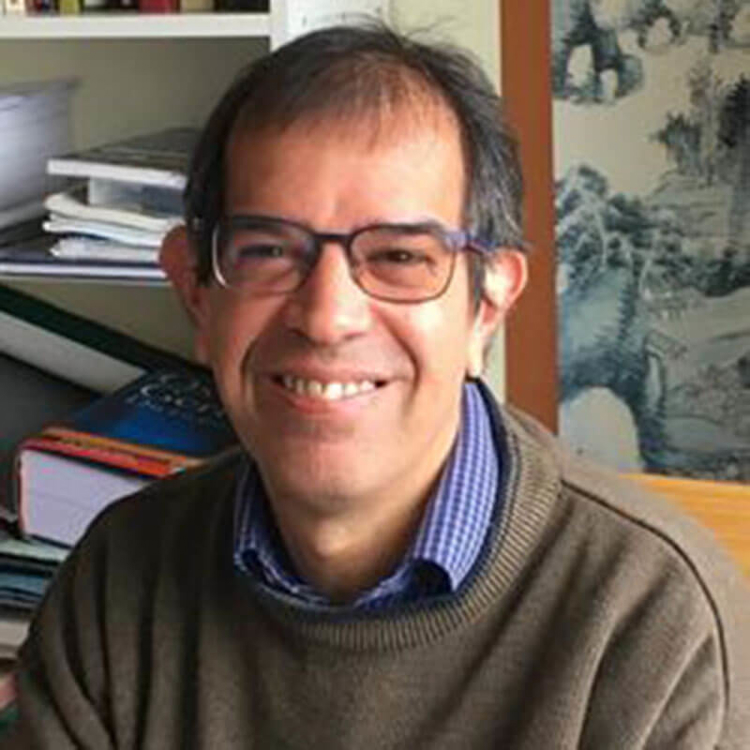
Dr Andrew Wareham
Dr Andrew Wareham is Reader in Economic and Social History, specialising in the medieval period and the late 17th century. He is interested in comparative approaches to History, and is currently researching the relationship between taxation, hierarchy, and community in England. He teaches modules in medieval and early modern history, with a focus on Europe and Asia.
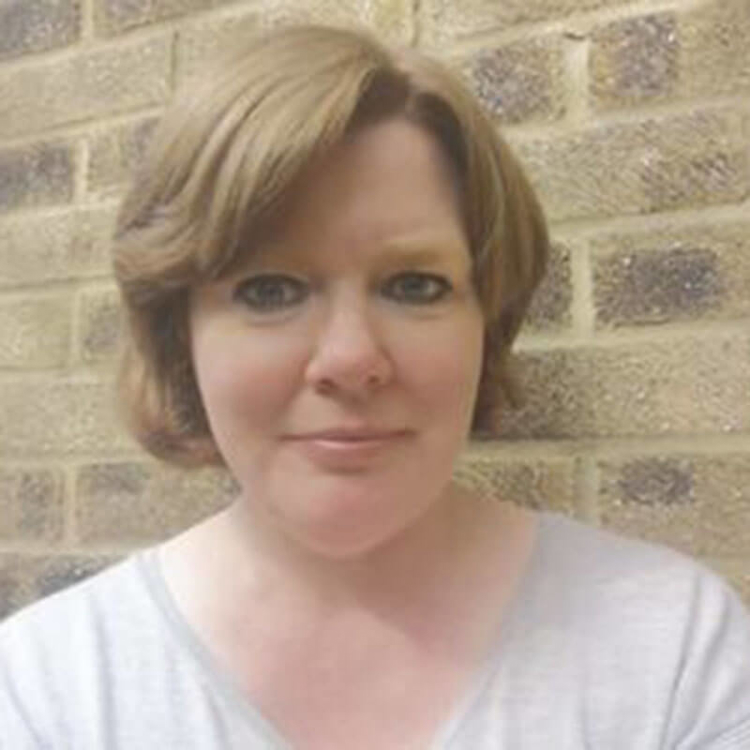
Dr Caroline Sharples
Dr Caroline Sharples is Senior Lecturer in Modern European History. She is especially interested in history and memory, and her research specialism concerns the postwar legacy of National Socialism. She is currently writing a cultural history of the death of Adolf Hitler. Caroline teaches modules on historiography, dictatorship and representations of the Holocaust.
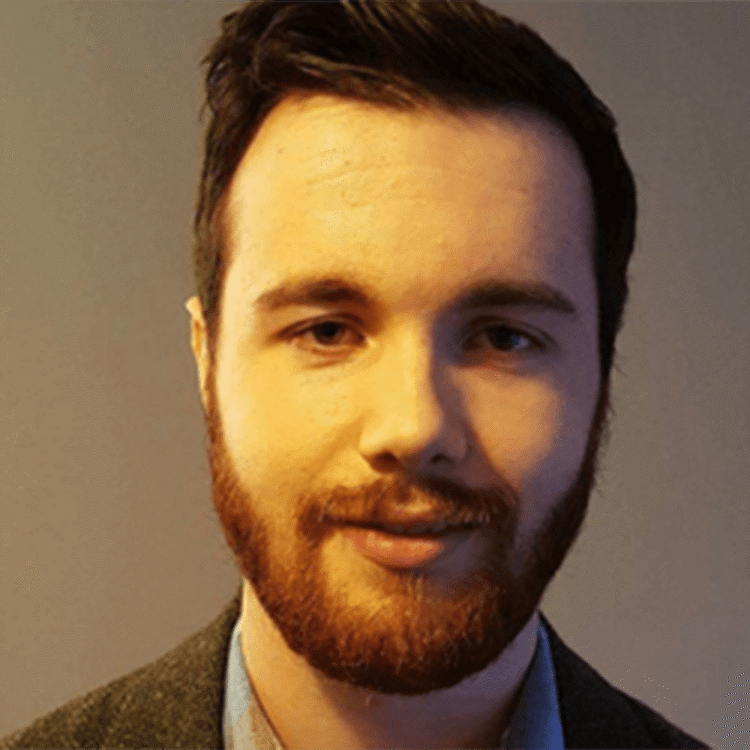
Dr Jack Hodgson
Dr Jack Hodgson is a historian of childhood and youth activism in the 19th and 20th century USA. He researches radical and extreme children's movements including the Young Pioneers of America and the Junior Ku Klux Klan. He is interested in the changing relationship between children, citizenship, Civil Rights, politics, and the environment. In addition to American history publications, he has also published research on children's artwork from the Spanish Civil War.
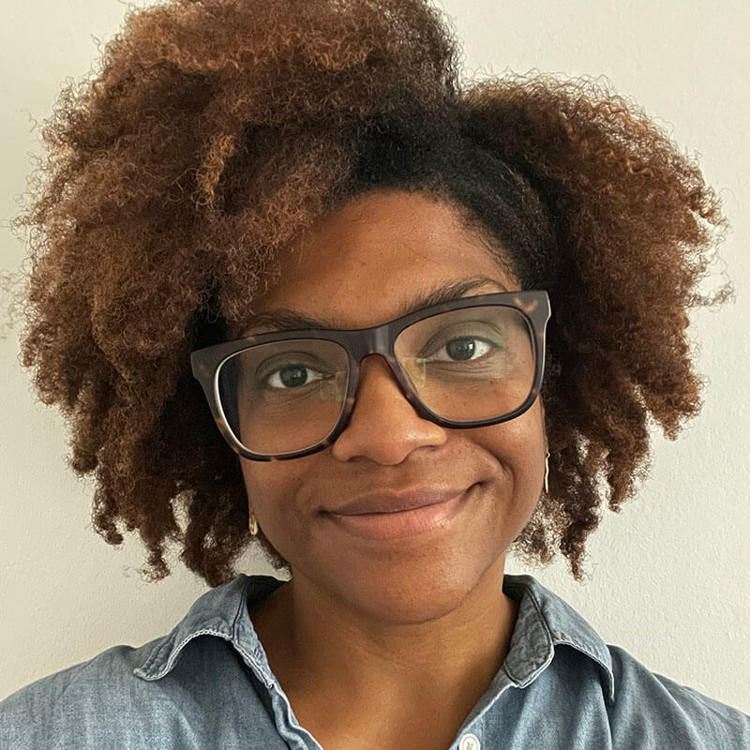
Candace Scarborough
Candace Scarborough is a historian and movement artist. She is interested in the histories of marginalised groups in the late medieval and early Tudor period, specialising in African presence in England and women's careers at the Tudor court. Her research explores collaborations between history, performance, and heritage.
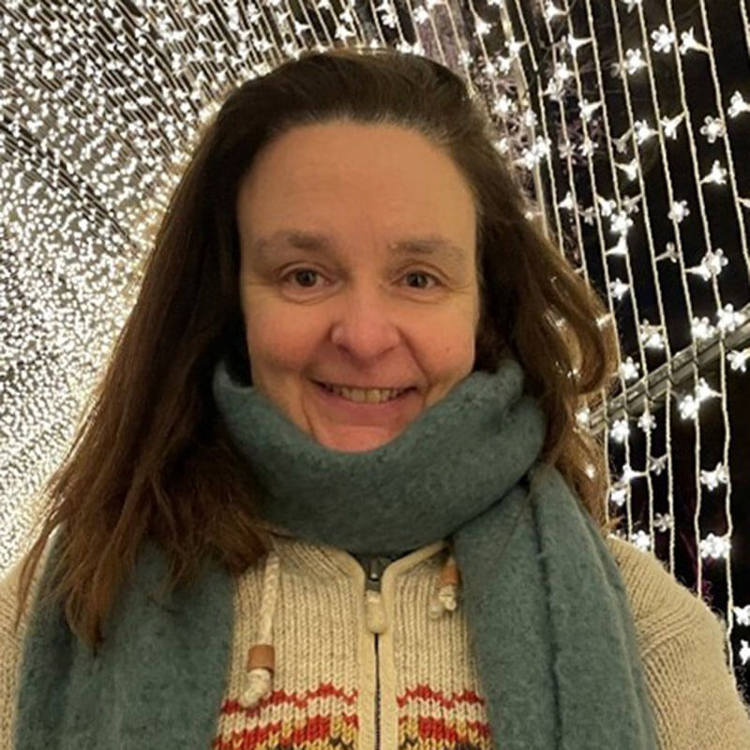
Prof. Fiona McHardy
Professor Fiona McHardy is an expert in the cultural history of violence in antiquity. She is currently writing a book on Gendered Violence in Ancient Greece, covering such topics as infanticide, sexual assault, and domestic violence. Fiona teaches modules on ancient Greek history and literature.
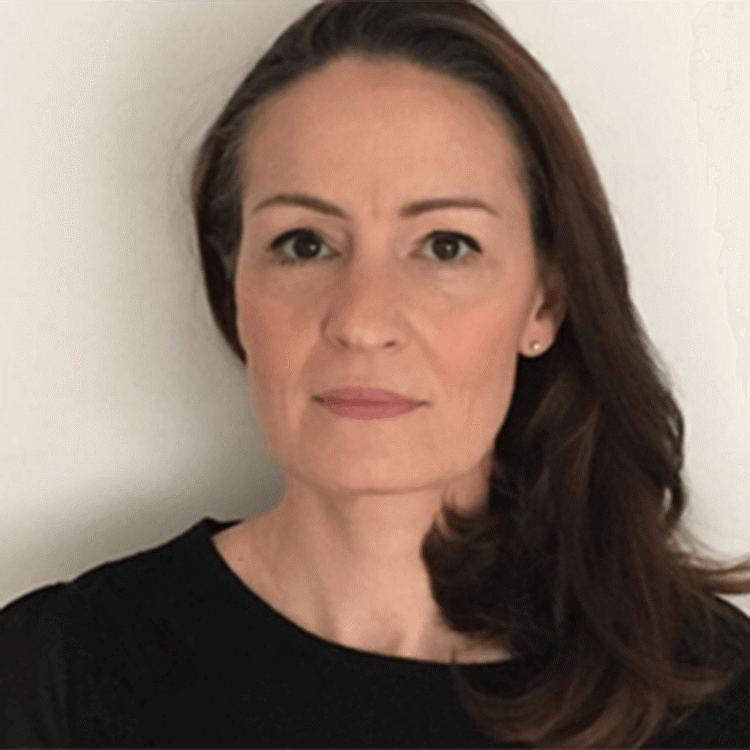
Dr Helen Esfandiary
Dr Helen Esfandiary is a cultural historian specialising in the body, medicine, disease, gender in the early modern and Georgian periods, with a particular interest in the perspectives of mothers and medical practitioners on children and adolescents.
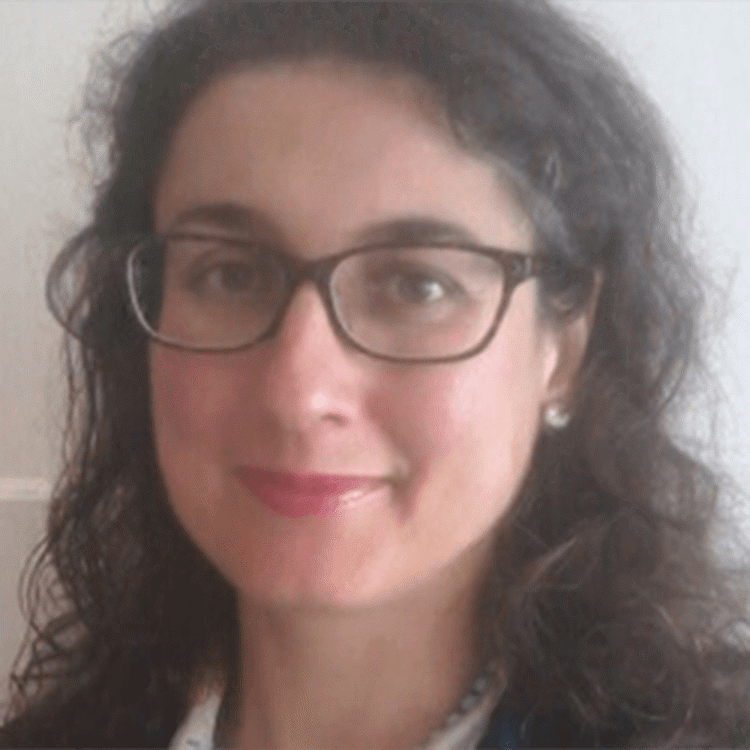
Dr Katerina Volioti
Dr. Katerina Volioti, Lecturer in History, teaches modules on Art History, museums, and digital humanities. Katerina's research draws from deep social theory and makes connections between ancient and modern periods.
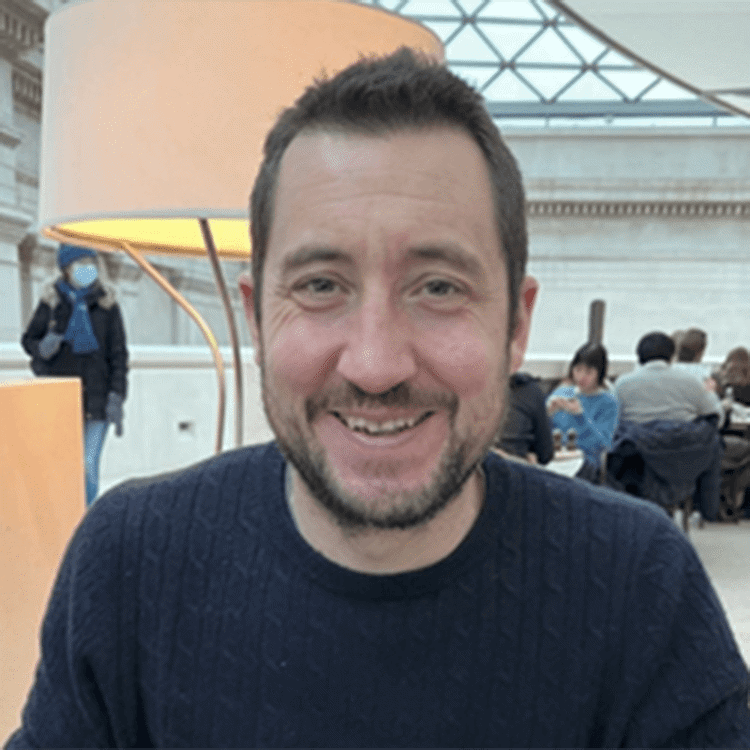
Professor Ted Vallance
Professor Ted Vallance works on the political history of seventeenth-century England. He is currently writing a new history of the trial and execution of Charles I. Professor Vallance teaches our third-year module 'Radicalism in the English Revolution.'
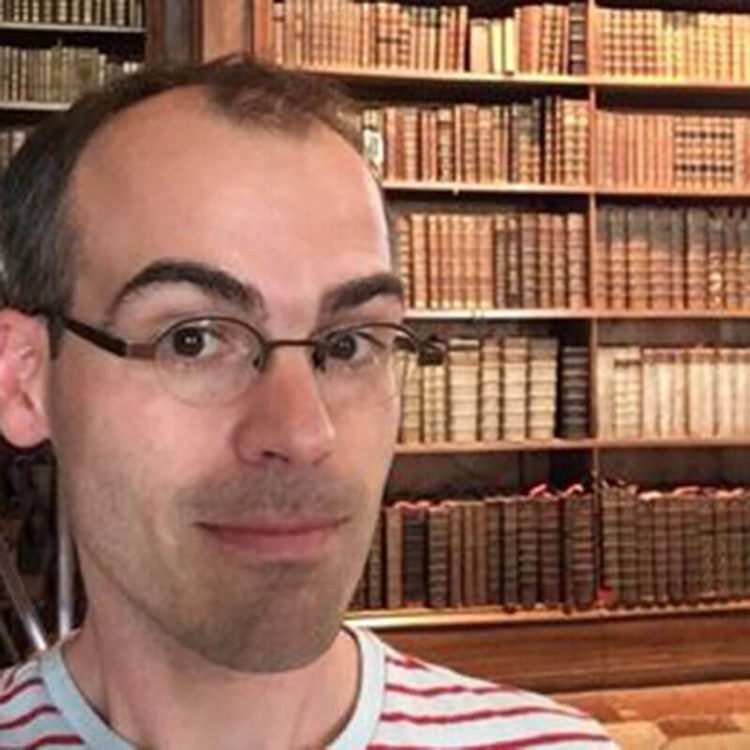
Dr Dustin Frazer Wood
His research focuses on the ways European writers and artists have discovered, imagined and remade classical and medieval literature, history and material culture over the past 600 years.
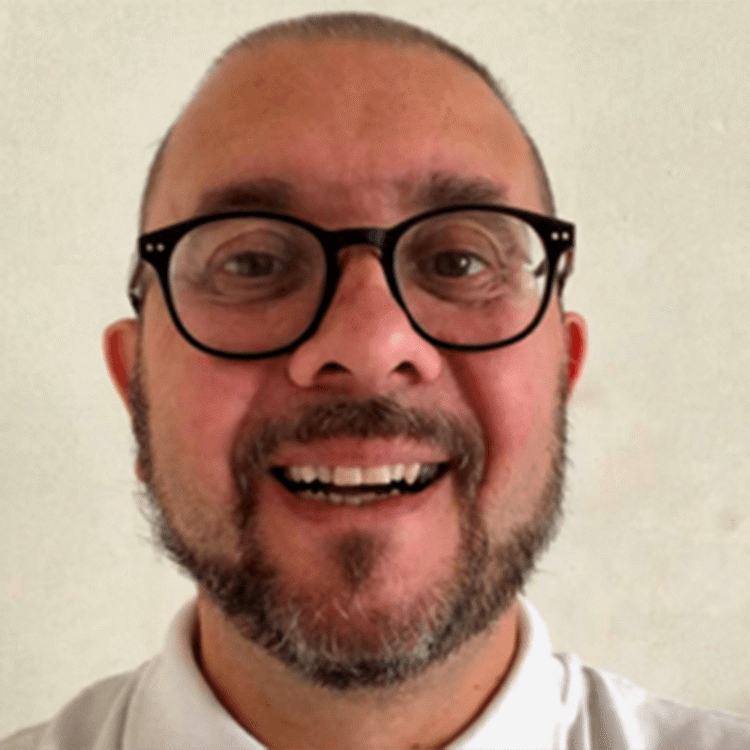
Mark Wilson
Mark Wilson specialises in political thought, parliament and propaganda in mid-Elizabethan England. His other interests are late Medieval and Early Modern Political thought, political culture from 1400-1700, Shakespeare’s England and the History of London.
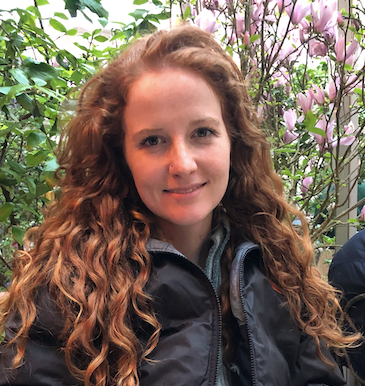
Bethan Davies
Her research focuses on Renaissance literature, culture and history. She is interested in the connections between colonial commodities and constructions of gender in early modern England, specifically the global and domestic intersections between sugar and femininity in the Renaissance period.
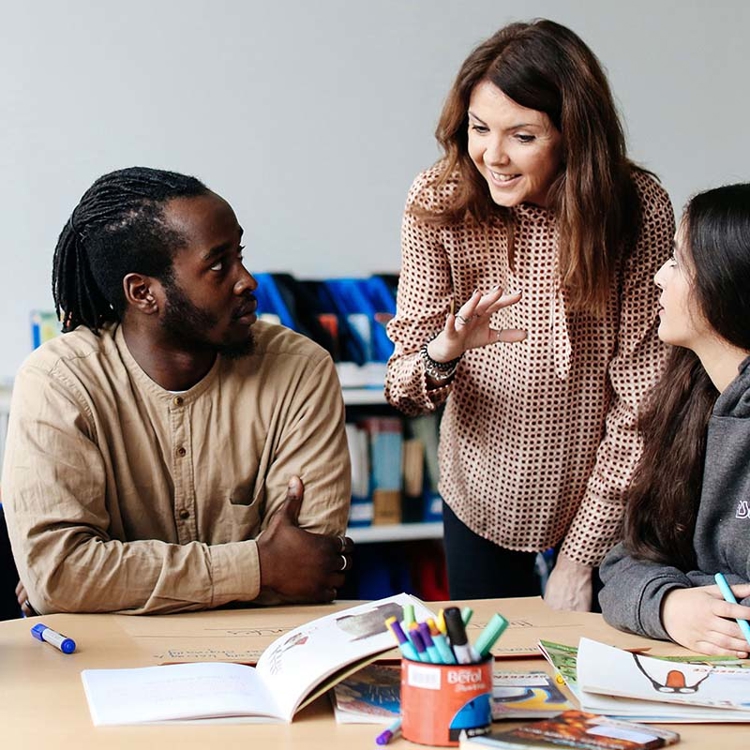
Assessment
100% coursework - no exams!
Assessment is varied and authentic, meaning you are developing transferable skills useful for the workplace.
Assessments include:
• Oral presentations
• Book and film reviews
• Posters
• Source analyses
• Public history project e.g. designing a pop-up exhibition or creating an educational resource for schools.
Final year: you will undertake the Independent Research Project - a lengthier piece of work that showcases all your skills as a historian.
Career
Graduates of BA History are ready for a wide range of careers.
This includes careers in:
- publishing
- broadcasting
- legal professions
- the charity sector
- accountancy
- teaching
History graduates have vital skills that make them attractive to employers, including confidence, adaptability and the capacity to work with people from all walks of life. It's no wonder that history graduates become prime ministers, top lawyers, documentary film makers, museum curators, cultural heritage managers, teachers, economists, and business leaders.

Wherever you want to go in the future, you’ll be preparing for the world of work from day one at Roehampton, with regular access to:
- Career development events
- Guest industry speakers
- Networking opportunities
- Personalised mentoring and careers support
You’ll graduate ready to grab every opportunity that comes your way.
Our careers support team is available to support you from the start of your studies until after you graduate. We will help you build your CV, prepare for interviews, and meet and learn from successful graduates working at the top of their careers.
You’ll also have opportunities to work with our partners across London and beyond, and to attend a Roehampton jobs fair where you can find out about graduate opportunities and meet employers.
Open days
Get a real taste of our campus, community and what it’s like to study at Roehampton
Applying
Full-time UK undergraduate students apply through UCAS.
Entry tariff
112–128 UCAS points (or equivalent)
Foundation Year: 64–80 UCAS points (or equivalent)
Looking to work out your UCAS points or find out about our entry requirements? Find out more.
When we consider applications to study with us, we form a complete view of your achievements to date, and future potential, and can offer flexibility in entry requirements. Find out more about our Contextual Offer scheme.
General entry requirements
September 2025 entry tuition fees
UK (home) tuition fees
Undergraduate degree: £9,535
Foundation Year: £5,760
We offer a wide range of scholarships and bursaries. See our financial support pages for UK students.
We also provide other ways to support the cost of living, including free buses and on-campus car parking, hardship support and some of the most affordable student accommodation and catering in London. Find out more about how we can support you.
International undergraduate students apply through our direct application system.
Entry tariff
112–128 UCAS points (or equivalent)
Foundation Year: 64–80 UCAS points (or equivalent)
Looking to work out your UCAS points or find out about our entry requirements? Find out more.
When we consider applications to study with us, we form a complete view of your achievements to date, and future potential, and can offer flexibility in entry requirements. Find out more about our Contextual Offer scheme.
General entry requirements
September 2025 entry tuition fees
EU and international tuition fees
Undergraduate degree: £16,950
Foundation Year: £16,950
International Foundation Pathway: £16,950
We offer a wide range of scholarships and bursaries. See our financial support pages for international students.
We also provide other ways to support the cost of living, including free buses and on-campus car parking, hardship support and some of the most affordable student accommodation and catering in London. Find out more about how we can support you.



